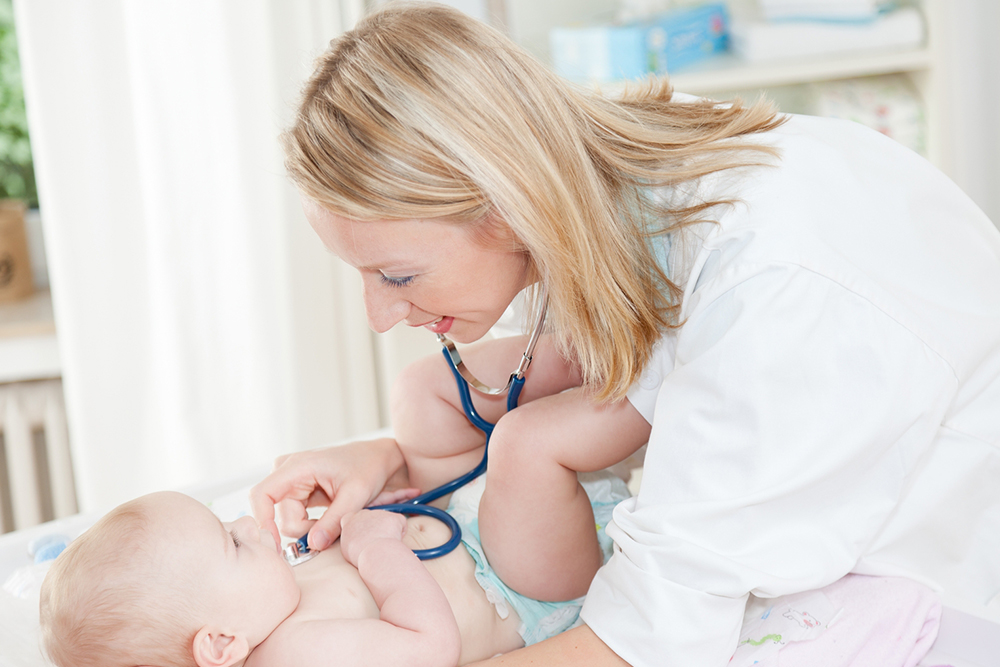
RSV infection in babies – Symptoms and prevention
A respiratory syncytial virus (RSV) infection can affect people of all ages, including infants and young children. It is the most common trigger for inflammation of the lungs’ airways as well as pneumonia in babies. The virus typically affects the nose, throat, and lungs and causes cold-like symptoms. Upon noticing RSV symptoms in children, it is crucial to seek expert guidance and get appropriate care to prevent further health complications.
Symptoms
Most babies are likely to contract an RSV infection at least once by the time they are two years old. Some might even be re-infected and develop a chronic illness. As an RSV infection causes cold-like symptoms, it may not seem serious initially. That said, the condition could worsen if left unchecked. So, it is important to keep an eye out for a few symptoms.
- Runny nose
- Fever
- Trouble eating, drinking, or swallowing
- Cough, which could lead to wheezing or breathing issues
- Flaring nostrils
- Strain while breathing
- Bluish lips and fingertips
As these cold-like symptoms are easy to dismiss, consulting a healthcare professional and seeking a diagnosis is crucial to identify and treat an RSV infection. This is especially important in the case of high-risk babies as if they contract such an infection, they are susceptible to severe respiratory issues and pneumonia.
Preventive measures
One can take a few simple measures at home to lower the risk of contracting an RSV infection. These measures can also help prevent the infection from worsening even if a baby has already contracted it.
1. Nursing
Human milk contains antibodies that may help a baby’s immune system fight infections. So, a healthcare professional might recommend exclusively nursing the baby in the first six months.
2. Limiting exposure to pollutants and germs
Another way to prevent contracting RSV and slow its progression is to limit the child’s exposure to germs. O ne should take measures like keeping the child away from crowded areas as well as people who seem unwell . Additionally, one must ensure anyone who comes in contact with the baby washes their hands first.
Air pollutants can weaken the respiratory system and worsen existing respiratory issues. So, young children should be kept away from polluted spaces. Additionally , if dealing with an RSV infection , staying indoors during recovery is the best way to avoid worsening symptoms.
3. Maintaining cleanliness
A baby will most likely spend a lot of time at home. So, the home should be as clean as possible. Measures like wiping down all surfaces, including door knobs, countertops, and handles, preferably with a disinfectant, can help. It is also important to discard used wipes and tissues. Finally, the toys a baby plays with can also carry germs. So, one must wash toys regularly to limit the spread of germs and prevent the risk of RSV.
If one notices signs of a respiratory infection in their child , one should consult a licensed healthcare professional . Based on the severity of symptoms, the professional may recommend suitable treatments for babies with an RSV infection.